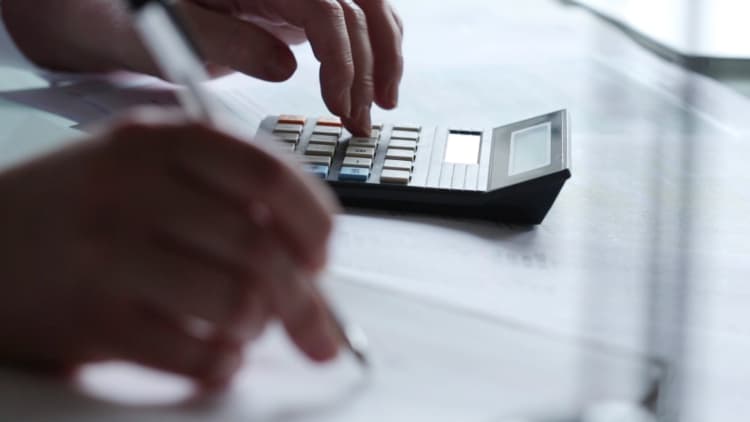You might physically leave the office at 5 p.m., but that doesn't mean you're done working.
Thanks to smartphones and computers we can be connected to our boss, clients and coworkers every second — and many companies expect you'll answer those late-night emails or texts too. The majority of people who use smartphones at work end up connected for more than 13 hours a day and spend an additional five hours checking email on weekends.
Extra working time doesn't always result in better results either. Employee burnout is common and some studies have shown longer hours actually make you less productive. All this might be why several countries, primarily in Europe, have made "the right to disconnect" a human right and granted it either legal protections or made it a provision in company policies.
But could American tech workers abide by such a policy? Robert Half Technology surveyed 2,800 IT leaders and 2,800 office workers to see if they could ignore their inboxes after hours and many of them seemed unable or unwilling to disconnect, possibly because without legal protection workers doubted the move wouldn't result in blow-back from their boss.
While two-thirds of tech leaders said they could adhere to a ban on after-hours communications, 41 percent of workers doubted their managers would follow the rule. Less than half of workers said they could abstain from checking work emails in their own off-time.
The larger the company, the greater the pressure to check in all the time, the survey also found. Managers working for businesses that had 1,000 or more employees reported being the least likely to stick to an after-hours email ban compared to those at smaller companies.
As workers well know, always being "on" may lessen your workload tomorrow or appease a demanding boss, but it comes with steep costs, too. A study from Virigina Tech found that checking email after hours hurt workers' mental health and caused anxiety. And you don't have to be spending actual time doing work in off-hours to experience this, just the expectation of availability increases the strain on employees. Another study found that even a small amount of after-hours work increased people's risk of developing health problems.
Support for stronger boundaries between work and home has also spread to the U.S., known for its workhorse culture. In New York City last year, a bill was proposed that would make it illegal for companies to require that employees check any work-related communications outside normal working hours. It was modeled after a French law that took effect in 2017.
It may take such a law to alter American behavior. Tech leaders in Charlotte, N.C., Los Angeles, Calif., and Miami, Fla., were most confident in their ability to refrain from checking in. But that didn't line up with their employees. Workers who were most comfortable disconnecting are based in Detroit, Mich., Cincinnati, Ohio, and Cleveland, Ohio, according to the survey.
Workers living in San Diego, Calif., Chicago, and Washington D.C. are in the most trouble. IT leaders in these cities were the least likely to obey a ban on after-hours emails. So it's perhaps not surprising then that employees in San Diego and Chicago also said they'd have the hardest time giving up after-work messaging.
Like this story? Subscribe to CNBC Make It on YouTube!
Don't miss: 7 in-demand jobs paying more than $55,000 a year that you can get without a college degree



